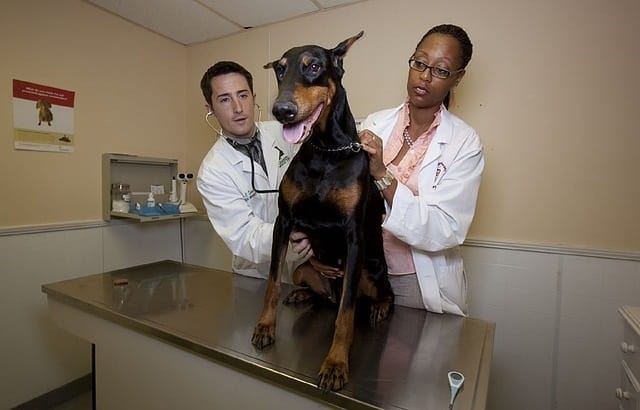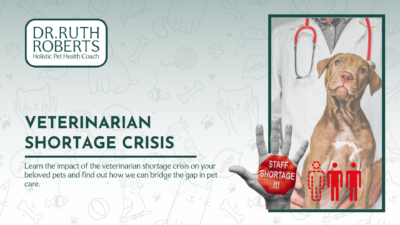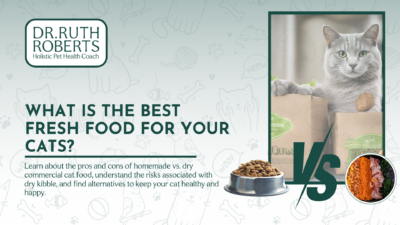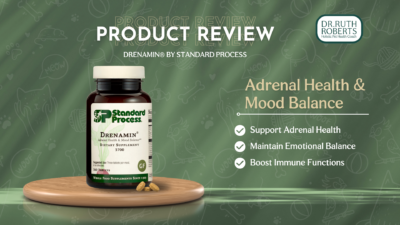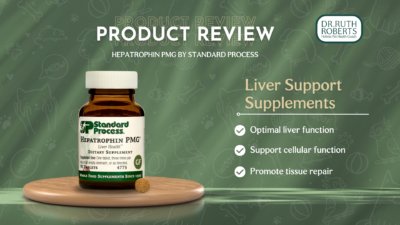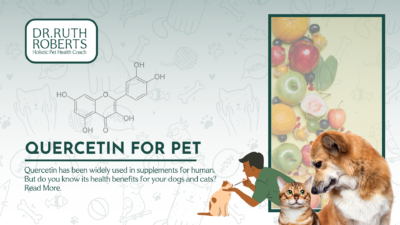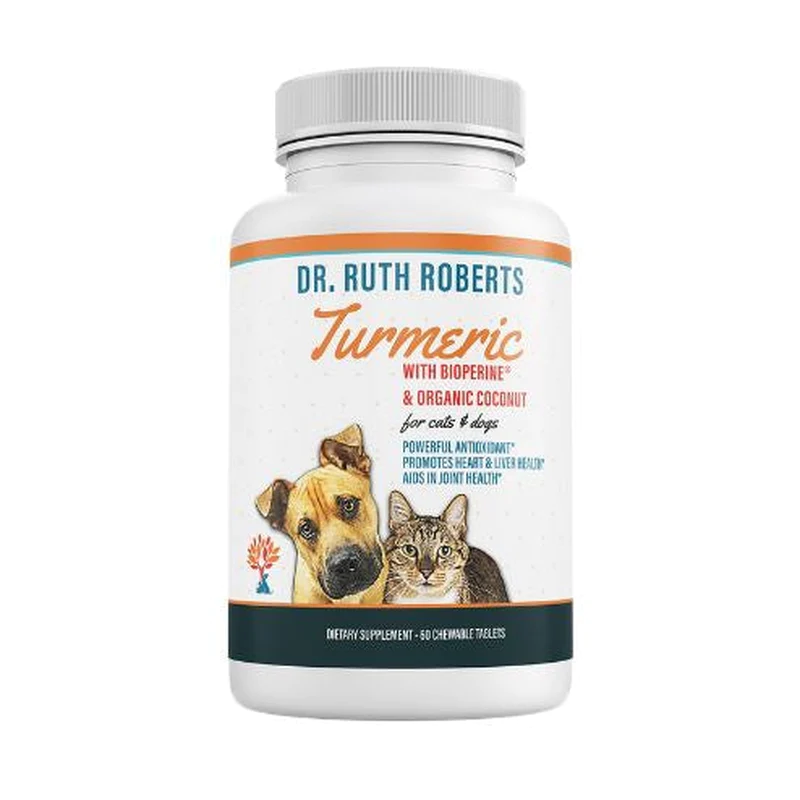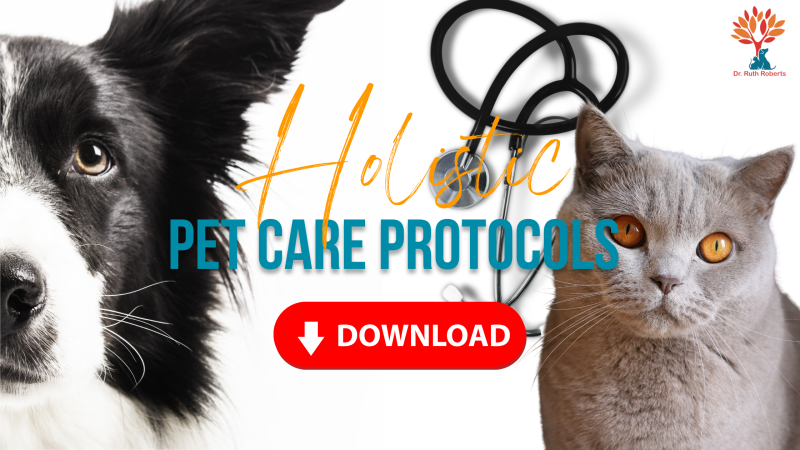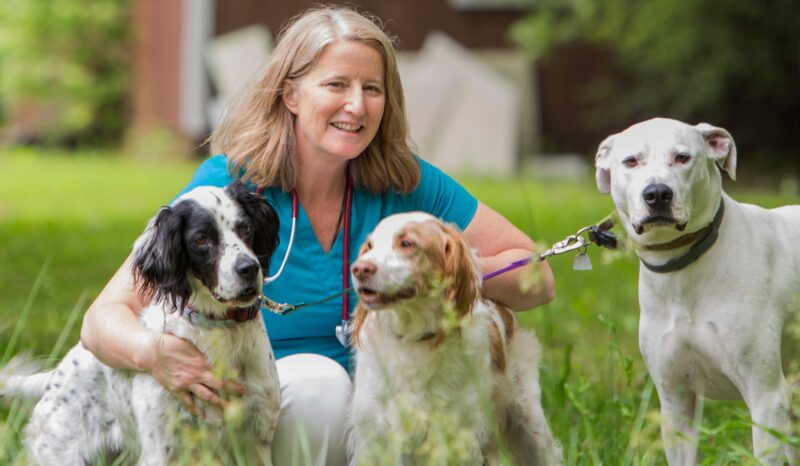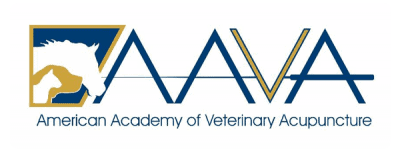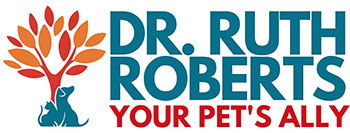Accidental pet poisoning is a heartbreaking occurrence that no loving owner should endure.
Sadly, there are common household items that are deadly if pets consume them.
Before we go any further, grab a pen and write the following information down.
ASPCA Animal Poison Control Center
1-888-4-ANI-HELP
This phone number will give you the peace of mind that you can gain fast information on what to do if an accidental pet poisoning occurs. Because I don’t want you to have to call that number, or rush your pet to the vet, it’s best to prevent pet poisoning in the first place.
In this blog, you’ll discover a list of plants, medications, foods, and other items that will either make your pet extremely sick, bring about lasting gut health problems, or even cause death.
Before I outline that list of pet poisons, there is an often-overlooked household item that is particularly dangerous…
The deadly poison your pet thinks tastes good.

One of the most dangerous poisons is antifreeze, which smells and tastes sweet to dogs and cats. Yes, antifreeze is a deadly poison that your pet thinks tastes good, and a dog or cat will consume it without reservation.
If a bottle of antifreeze tips over or your car is leaking, there is potential danger. A prevention step is to look under your car often, as the leak may be antifreeze. This not only creates danger for your pets, but also for stray animals that may seek warmth beneath your vehicle.
In addition, it’s best to store antifreeze in a cabinet, not a shelf. If the bottle tips over, it could be deadly. If antifreeze poisoning has occurred, get your pet to the nearest veterinarian as soon as possible.
If you find a puddle of antifreeze in your garage or beneath your car, pay special attention to your pet. To quickly determine whether or not immediate veterinary care is necessary, pay close attention to the following symptoms:
- Staggering.
- Sudden loss of balance.
- Excessive or unusual water consumption.
- Sudden and severe depression.
- Seizures.
Other common pet poisons that may be in your home.
Tulips—flowers that cause gastrointestinal irritation, convulsions, and potentially fatal symptoms. (If your pet does have gastrointestinal irritation, here’s how to handle it.)
- Azaleas—these contain grayantoxins, which cause diarrhea and vomiting, excessive drooling, and even coma or cardiovascular collapse.
- Chocolate—a favorite for humans, but toxic to dogs and cats.
- Lilies—flowers that can cause severe kidney damage in cats.
- Marijuana—medical and recreational marijuana can have devastating effects, including vomiting, diarrhea, increased heart rate, and even seizures and coma.
- Sago Palm—the seeds are the most dangerous part of the Sago Palm plant. If eaten, the symptoms include vomiting, diarrhea, depression, seizures, and liver failure.
- Oleander—this potentially fatal, toxic plant causes poor gut health and abnormal heart function, among other symptoms.
- Chrysanthemums—these flowers cause gastrointestinal issues, depression, and loss of balance.
- Peace Lilies—these plants cause vomiting and excessive drooling, alongside oral irritation.
- Pothos—these common household plants cause swelling inside the mouth and gastrointestinal problems.
For a full list and photos of toxic plants—alongside plants that are perfectly safe to have—visit the ASPCA’s Animal Poison Control website.
What to do if your pet is poisoned.
If you know your dog or cat has eaten any of the aforementioned plants/food—get them to the nearest emergency vet.
As a precaution, it’s best to locate an emergency vet before anything bad happens.

